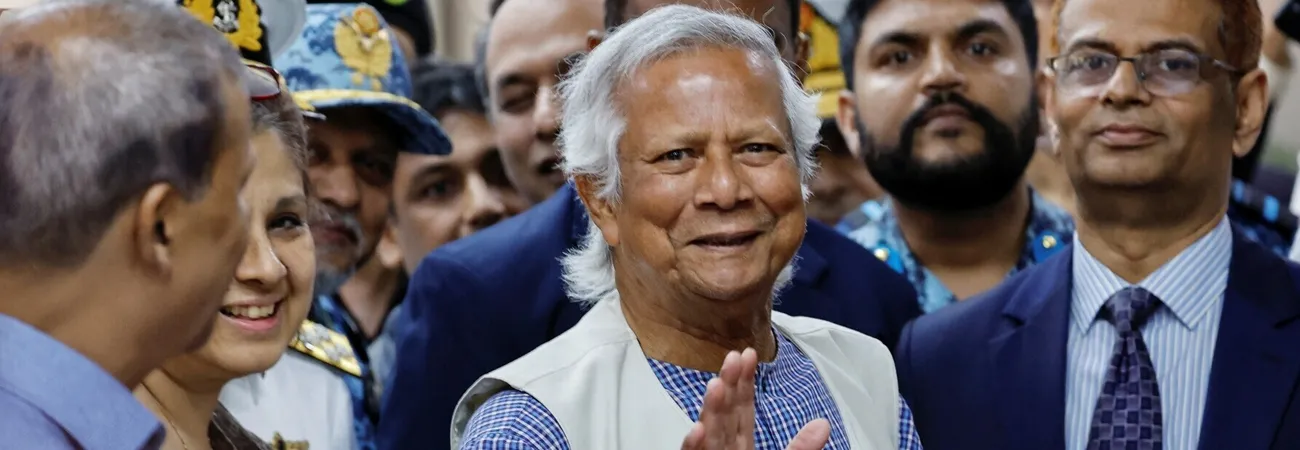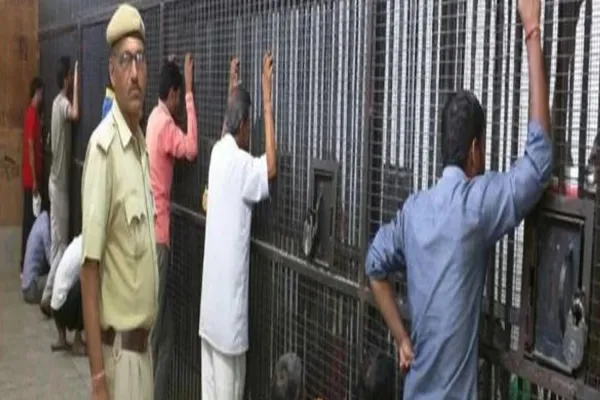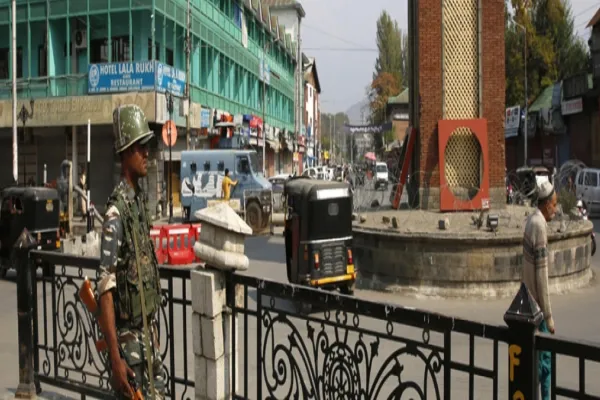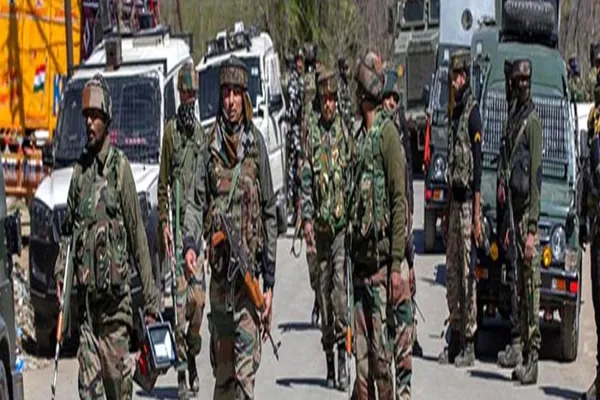i NEWS INTERNATIONAL
Nobel Peace Prize winner Muhammad Yunus returned to Bangladesh Thursday to lead a caretaker government after a student-led uprising ended the 15-year rule of Sheikh Hasina. Yunus touched down in Dhaka on a flight from Paris via Dubai shortly after 2:00 pm (0800 GMT) and could be sworn in as the country’s new leader as soon as Thursday evening to begin what the army chief has vowed will be a “beautiful democratic process”. The prospect of Yunus, 84, standing alongside military leaders was almost unimaginable a week ago, when security forces fired deadly rounds at protesters who took to the streets demanding that Hasina resign. But the military turned on Hasina at the weekend and she was forced to flee to neighbouring India — as millions of Bangladeshis celebrated her demise. The veteran academic had travelled abroad this year while on bail after being sentenced to six months in jail on a charge condemned as politically motivated, and which a Dhaka court on Wednesday acquitted him of. Yunus was hit with more than 100 criminal cases and a smear campaign by a state-led Islamic agency that accused him of promoting homosexuality, with courts accused of rubber-stamping decisions by ousted Hasina’s government.
Army chief General Waker-Uz-Zaman said he backs Yunus and hoped he will be sworn in to lead the interim government on Thursday evening. “I am certain that he will be able to take us through a beautiful democratic process,” Waker said. Yunus said he wanted to hold elections “within a few” months. Few other details about the planned government have been released, including the role of the military. But Bangladeshis voiced hope as they joined a rally in Dhaka on Wednesday for the former opposition Bangladesh National Party (BNP). “I expect that a national government will be formed with everyone’s consent in a beautiful way,” Moynul Islam Pintu told. “I expect that the country is run in a nice way, and the police force is reformed so that they can’t harass people.” Hasina, 76, who had been in power since 2009, quit on Monday as hundreds of thousands of people flooded the streets of Dhaka. Jubilant crowds later stormed and looted her palace. Monday’s events were the culmination of more than a month of unrest, which began as protests against a plan for quotas in government jobs but morphed into an anti-Hasina movement. Hasina, who was accused of rigging January elections and widespread human rights abuses, deployed security forces to quash the protests. At least 455 people were killed in the unrest, according to an AFP tally based on police, government officials and hospital doctors.
“The protests are a seismic moment in Bangladesh history,” said International Crisis Group analyst Thomas Kean. “The country really had been at risk of becoming a one party state, and through a peaceful street-based movement led by, Gen Z students in their 20s, they’ve managed to force her from power.” Military move The military’s switching of allegiance was the decisive factor in her demise. It has since acceded to a range of other demands from the student leaders. The president dissolved parliament on Tuesday, a key demand of the students and the BNP. The head of the police force, which protesters have blamed for leading Hasina’s crackdown, was sacked on Tuesday. The new chief, Mainul Islam, offered an apology on Wednesday for the conduct of officers and vowed a “fair and impartial investigation” into the killings of “students, common people and the police”. Ex-prime minister and BNP chairperson Khaleda Zia, 78, was also released from years of house arrest, while some political prisoners were freed. The military has demoted some generals seen as close to Hasina and sacked Ziaul Ahsan, a commander of the feared Rapid Action Battalion paramilitary force. Police said mobs had launched revenge attacks on officers and Hasina’s allies, and also freed more than 500 inmates from a prison. Protesters broke into parliament and torched TV stations. Others smashed statues of Hasina’s father, Sheikh Mujibur Rahman, the country’s independence hero.
Credit: Independent News Pakistan









